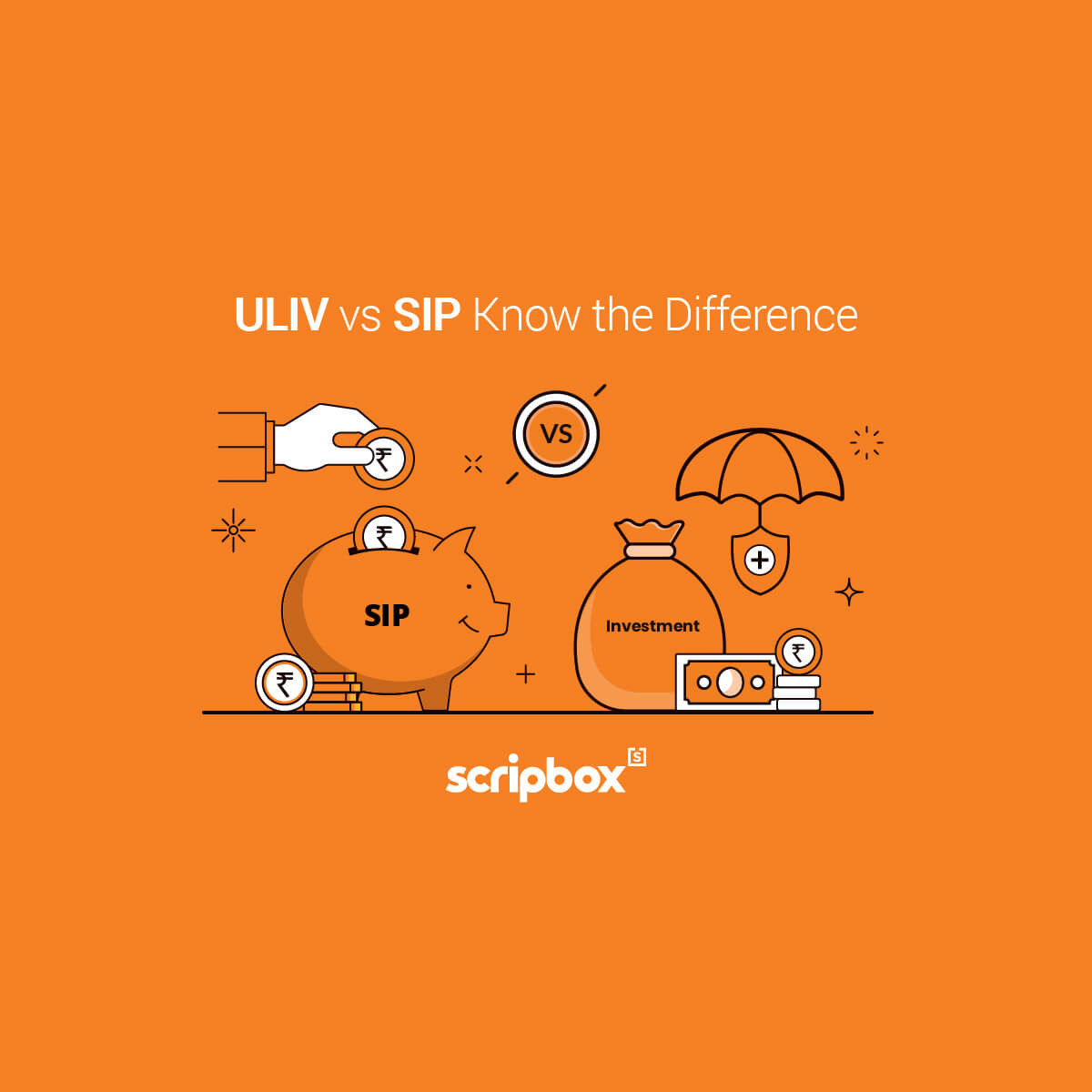
Asset Allocation Definition, Meaning, Types & Strategies Guide
https://www.youtube.com/watch?v=RG3ggMiWTzI What is Asset Allocation? Asset allocation is an investment strategy that aims to balance the risk and growth associated with investment schemes. It balances the risk and growth by allocating the total investment among different asset classes. These asset...

Central Bank of India- Responsibilities and How it Works?
What is the Central Bank and Its Functions? The Central Bank in India is a national authority. It is responsible for managing inflation, conducting monetary policy, and maintaining the financial and economic stability of the country. Furthermore, it is responsible...

Mutual Fund Performance Analysis and Evaluation Guide
In recent times, mutual funds investments have emerged as a popular choice amongst Indians. This signals the shift of investing habits of Indians, away from the traditional savings methods. There are more than 2400 mutual funds to invest in. However,...

What is a Fixed Rate Bond? | Pros & Cons
Bonds are a type of debt instrument in which the investor loans money to an entity. The entity borrows money at a fixed interest rate for a specific time duration where an entity can be government, banks or corporates. One...

What Are Liquid Assets? How to Calculate & Find Them
What is Liquidity? In simple words, liquidity of any investment or asset refers to the ability or ease with which it can be converted into cash. Moreover, cash is the most liquid asset that an individual can hold. Simply put...
Practical Insights For Wealth Creation
Our weekly finance newsletter with insights you can use
Your privacy is important to us

ULIP vs SIP: Difference Between ULIP and SIP
Every individual chooses to invest for different reasons. Also, there are several investment avenues available in the market that help in wealth creation. However, it gets quite tricky for an investor to decide which investment opportunity is suitable for them....

What is Activity Ratio? Types of Activity Ratios and Formulas
What is an Activity Ratio? An activity ratio is a type of accounting ratio. It is a financial indicator that shows how effectively a company is generating revenue and cash by using its assets on its balance sheet. It demonstrates...

How to Start SIP Investment and Invest in SIP Online
When it comes to investing in mutual funds, Systematic Investment Plan – most commonly known as SIP – is an excellent approach for your long-term or short-term financial goals. With SIP, an investor has the liberty to invest a fixed amount of money in mutual funds at regular intervals.









